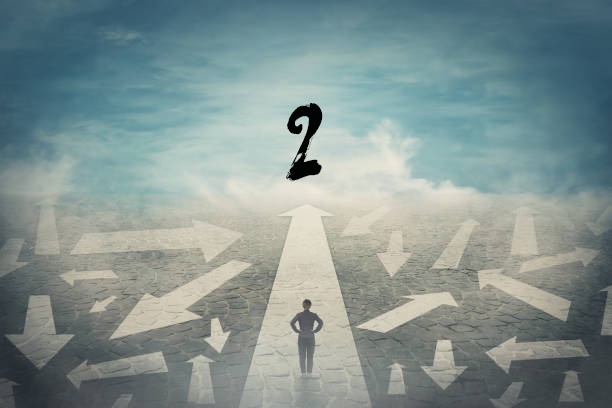2. Is Certainty Helpful?
Humans are storytellers, and the stories we tell ourselves reveal much more about our inner state than we think. I think this summarises my last post pretty well. It follows that many of our unexamined beliefs are more likely to be influenced more by factors such as temperament, background and sheer chance than we think.
The impact of Ruth Bader Ginsberg surviving into the Trump era, and the three conservative-minded judges appointed by Donald Trump to the US Supreme Court, continues to be the cause of great division in the United States. Like theology, the work of the Supreme Court is all about interpretation of written texts. There is widespread acceptance that embedded political and religious convictions are bound to have an impact upon the way these legal texts are interpreted.
The signals that the same reasoning that overturned the Roe vs Wade verdict should now be applied to past decisions on the right to contraception and legalisation of same-sex marriage are clear. Add to this the less widely publicised new rulings by the Court that have expanded gun ownership and made it possible to pray in American schools, and the direction of travel is clear. Judges have been selected in the confidence that they will interpret the constitution in ways their masters prefer and deliver suitable verdicts.
I assume it is the introduction of God into the equation that makes it so difficult for Christians to accept that interpretation of scripture is also influenced by human factors, some of which we may be blind to or unaware of. I think we also find it incredibly difficult to be sure that pre-scientific minds understood ideas and stories about God in the rigid ways I was taught.
The idea that Christianity teaches that each of us possesses a completely free will to decide for ourselves what is true, what is not and how to live, may muddy the waters further. Especially since recent research has challenged the idea that we have free will at all. The arguments from biology and psychology are are compelling, leading artificial intelligence pioneer Marvin Minsky to define free will as “internal forces I do not yet understand”.[1]
I think that as long as we remain blind to the way the roughly 100 biases that have been studied and explained by modern researchers shape the way we think, believe and behave, we will find it difficult to have honest and genuinely open theological debates.
[1] See Robert Sapolsky, Behave; chapter 16.



